Apricots are a delicious and nutritious fruit that have been enjoyed for centuries. Renowned for their vibrant color, juiciness, and unique flavor profile, apricots are a favorite ingredient in various dishes, snacks, and beverages. However, apricots are not always readily available or affordable in some regions. In such cases, it becomes imperative to identify equivalent fruits that can serve as substitutes and still provide similar health benefits and culinary versatility. This article aims to explore some of these equivalent fruits that can be incorporated into both sweet and savory recipes without compromising taste or nutritional value.
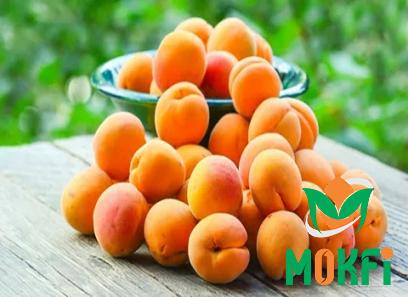
.
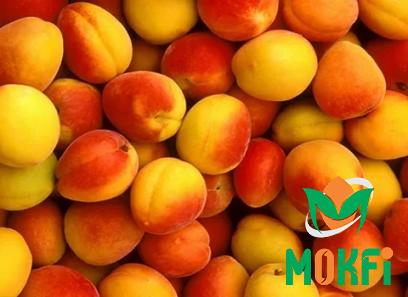 Peaches: Closely related to apricots, peaches share a similar sweet and tangy flavor profile. They are also juicy and succulent, making them an excellent substitute in recipes that call for apricots. Likewise, peaches are rich in vitamins A and C, dietary fiber, and antioxidants, supporting a healthy immune system and promoting overall well-being. Plums: Plums are another excellent alternative to apricots, especially in recipes that require dried fruits. While plums tend to have a slightly more tart taste, they maintain the juiciness and softness that are characteristic of apricots.
Peaches: Closely related to apricots, peaches share a similar sweet and tangy flavor profile. They are also juicy and succulent, making them an excellent substitute in recipes that call for apricots. Likewise, peaches are rich in vitamins A and C, dietary fiber, and antioxidants, supporting a healthy immune system and promoting overall well-being. Plums: Plums are another excellent alternative to apricots, especially in recipes that require dried fruits. While plums tend to have a slightly more tart taste, they maintain the juiciness and softness that are characteristic of apricots.
..
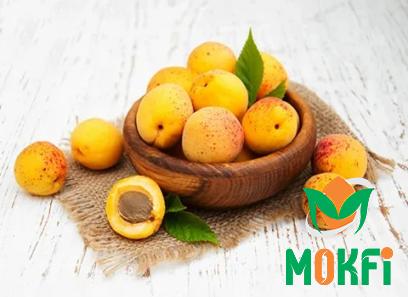 Additionally, plums are a rich source of vitamins, minerals, and dietary fiber, aiding digestion and supporting heart health. Nectarines: Nectarines are often mistaken for peaches due to their similar appearance. However, unlike peaches, nectarines have a smooth skin that lacks the characteristic fuzz. Nectarines have a bright flavor reminiscent of both apricots and peaches, making them an ideal substitute in recipes that call for the latter. They also offer similar health benefits, such as high levels of antioxidants and vitamins A and C. Mangoes: While mangoes have a different flavor profile than apricots, they share a tropical sweetness that can add a delightful twist to recipes. Mangoes are a versatile fruit and can be used in both sweet and savory dishes.
Additionally, plums are a rich source of vitamins, minerals, and dietary fiber, aiding digestion and supporting heart health. Nectarines: Nectarines are often mistaken for peaches due to their similar appearance. However, unlike peaches, nectarines have a smooth skin that lacks the characteristic fuzz. Nectarines have a bright flavor reminiscent of both apricots and peaches, making them an ideal substitute in recipes that call for the latter. They also offer similar health benefits, such as high levels of antioxidants and vitamins A and C. Mangoes: While mangoes have a different flavor profile than apricots, they share a tropical sweetness that can add a delightful twist to recipes. Mangoes are a versatile fruit and can be used in both sweet and savory dishes.
…
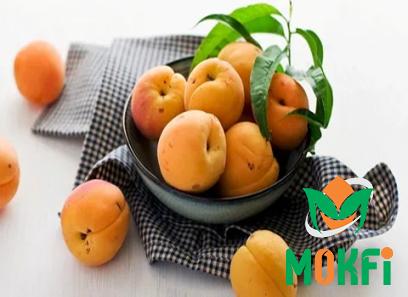 They are also rich in vitamins A, C, and E, as well as dietary fiber and antioxidants, promoting digestion, immune health, and healthy skin. Dried Fruits: When fresh apricots are unavailable, dried fruits can be a suitable substitute. Dried apricots themselves are packed with nutrients, making them an excellent option for snacking or adding to recipes. However, dried peaches, plums, and mangoes can also be used as alternatives, offering the same concentrated flavors and health benefits. Conclusion: While apricots are a beloved fruit, their availability can sometimes be limited. However, by exploring the equivalents such as peaches, plums, nectarines, mangoes, and dried fruits, individuals can continue to enjoy the unique flavors and nutritional benefits associated with apricots. These alternatives not only provide a similar taste but also offer a rich content of vitamins, minerals, and antioxidants that contribute to a healthy lifestyle. Whether fresh or dried, these fruits can create delicious and nutritious dishes while keeping the essence of apricots intact.
They are also rich in vitamins A, C, and E, as well as dietary fiber and antioxidants, promoting digestion, immune health, and healthy skin. Dried Fruits: When fresh apricots are unavailable, dried fruits can be a suitable substitute. Dried apricots themselves are packed with nutrients, making them an excellent option for snacking or adding to recipes. However, dried peaches, plums, and mangoes can also be used as alternatives, offering the same concentrated flavors and health benefits. Conclusion: While apricots are a beloved fruit, their availability can sometimes be limited. However, by exploring the equivalents such as peaches, plums, nectarines, mangoes, and dried fruits, individuals can continue to enjoy the unique flavors and nutritional benefits associated with apricots. These alternatives not only provide a similar taste but also offer a rich content of vitamins, minerals, and antioxidants that contribute to a healthy lifestyle. Whether fresh or dried, these fruits can create delicious and nutritious dishes while keeping the essence of apricots intact.
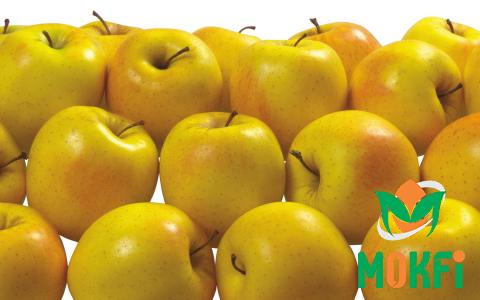
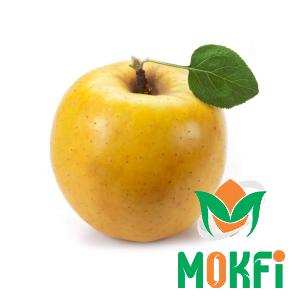
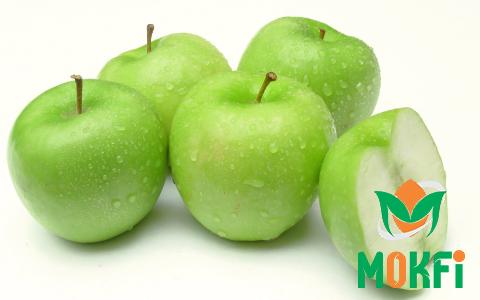
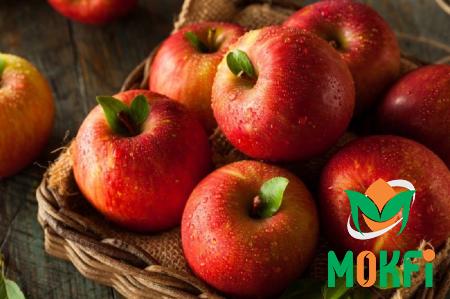
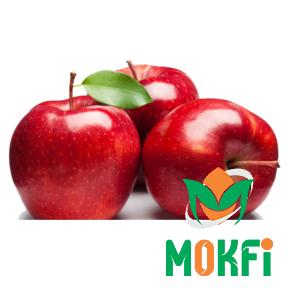
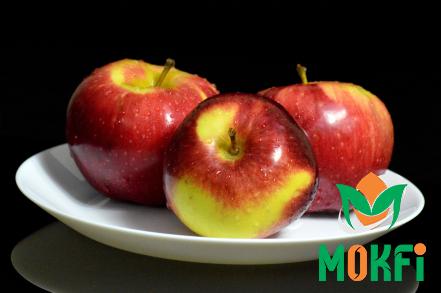
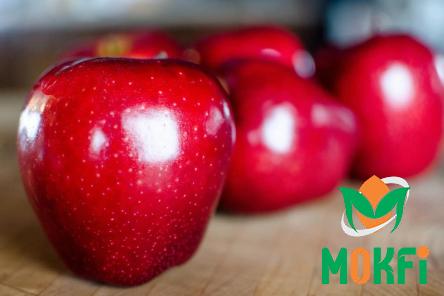
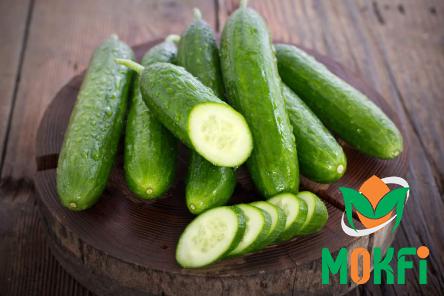
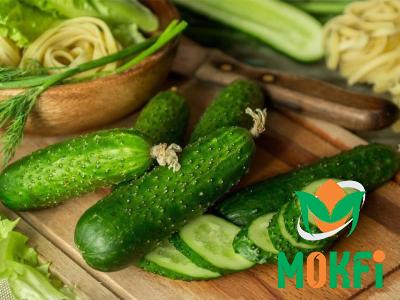
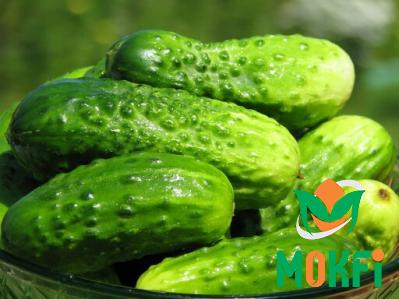
Your comment submitted.